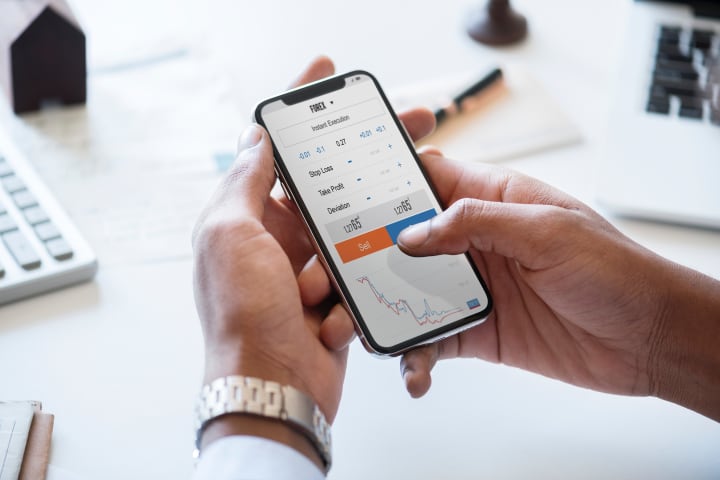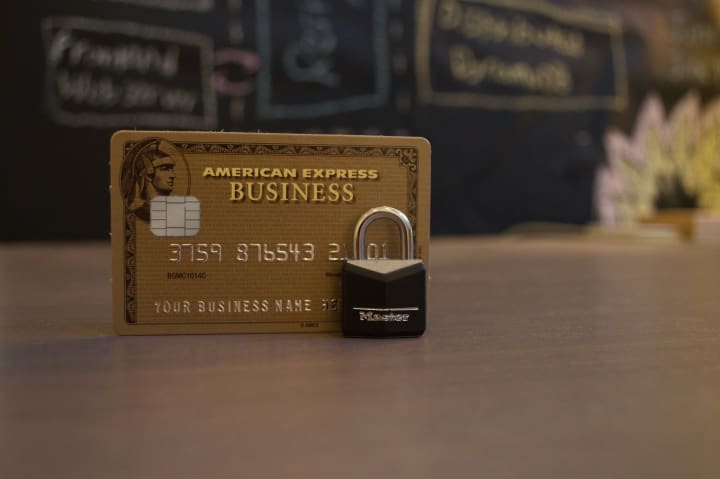Living on a Budget
How I Budget and Still Enjoy Life

DISCLAIMER: This post contains affiliate links.
Ah, money. Money is both a blessing and a curse. On the one hand, money allows us to go out with friends, loved ones, and have a good time. Money is power and freedom, and when you have it nothing can stop you. On the other hand money is a stress producer. When you are low on funds you are low on life. No going out with friends, no smiles, just stress on top of stress on top of stress. If you are reading this that means you are in the same boat as hundreds of thousands of American's who are trying to get out of a hole. I've been there - heck I'm there now. I'm going to walk you through how I budget, and share with you my results.
When I begin a new budget I start off by taking a look at my expenses. By doing this I can see what expenses I can eliminate and which ones are recurring (bills, etc). Once I am able to differentiate the bills from late night purchases, I proceed to declare my monthly budget.
To declare your budget you take into account your monthly income (in my case it is projected because I am an hourly employee), your bills, and expenses. To do this I log into my bank's online service, and simply jot down every withdrawal, and add it up. That leaves me with my projected expenses for the month. I do the same with my income. I write it down and add it up giving me my projected income. Now, this is the boring stuff - the fun is about to begin.

Saving on Autopilot.
Like mentioned above, saving money, and money, in general, allows for so much freedom and fun. Although everyone should save, most don't because it is just too easy to stop. Something I do when saving is set up rules within my bank account. I use PNC, and they have a feature appropriately named "Rules" and you can set up various savings rules to help prepare you for the future.
Right now I use two "Payday Rules," one for withdrawing $50 to long-term savings and one for withdrawing $25 to short-term savings. I let this run and when my check gets posted to my account in the middle of the night, by the time I wake up the money has already been transferred– like it was never there. After the rules transfer the money out of my checking account, I look at what bills I have coming up this pay period, and transfer even more money out. This last transfer usually consists of $75-100. The rest stays in my checking account to cover nights out, bills, and any other form of spending.
To help me save even more money, I use an app called Albert to help save money for me every week. While I am fairly new to this app, it collects money out of your checking account every week (usually $50-100 based on your spending habits) and puts it into an FDIC insured account that you can withdraw from any time. While it may seem redundant to save so much money, it can only help you in the long run. :)

Invest, Invest, Invest!
Sure, its awesome to see a whole bunch of money just sitting in your savings account, but what is it actually doing? The short answer is a whole lot of nothin'. Sure you get .05% interest rate but that isn't going to pay the bills. Instead of having your money sit there, doing nothing, invest it and have it work for you.
Now I know what you're thinking, "Investing is way to hard," or "I don't have the first clue when it comes to investing." Thats okay! I've been there, and I'm still there. The great thing about today's world is technology, and with that technology came along Acorns. Acorns is a micro-investing service that allows you to begin investing in big companies and funds for as little as $5. The best part? Your money will work for you. Based off your returns you can expect to make a decent chunk of change, all while learning the ropes of the stock market. If you already use Acorns, great! You're ahead of the curve. If you haven't joined yet and you think you might like it, click here receive $5 when you join.
Wants vs. Needs.
The oldest trick in the book is to distinguish the things you need vs the things you want. You need food, shelter, water, clothes, a car– you don't need that new iPad or watch. Simple tricks like this can help train your mind into making better purchases all while strengthening your financial life.

Credit Cards.
Credit cards are awesome. They allow for stress-free spending and allow you to help better your credit score. While all that is great, be careful not to overspend on your card. If you spend too much and can't afford to pay the bill come bill time, you could risk hurting your credit score and end up having to pay more each month on top of it. Just be sure to watch your spending on credit cards, and make sure to download Credit Karma for free credit monitoring.
Summary
My goal in life is to try to be as stress free as possible. Now that is almost impossible as a college student who works, but whenever I can take a second and take a deep breath, it allows for so much clear thought. Saving is never fun and its never easy. Hopefully these tips and tricks I've mentioned can help you in your journey to become a better saver and spender. It's not just you - saving is hard for most individuals. You write your own story, all it takes is a second look.
-NMD
About the Creator
Nicholas Dapolito
Passionate about film since a young age, I have always loved looking at a film and seeing what makes it work. Due to that love of film, I like to create short movies as well as write them. I am currently working on my first feature project.






Comments
There are no comments for this story
Be the first to respond and start the conversation.